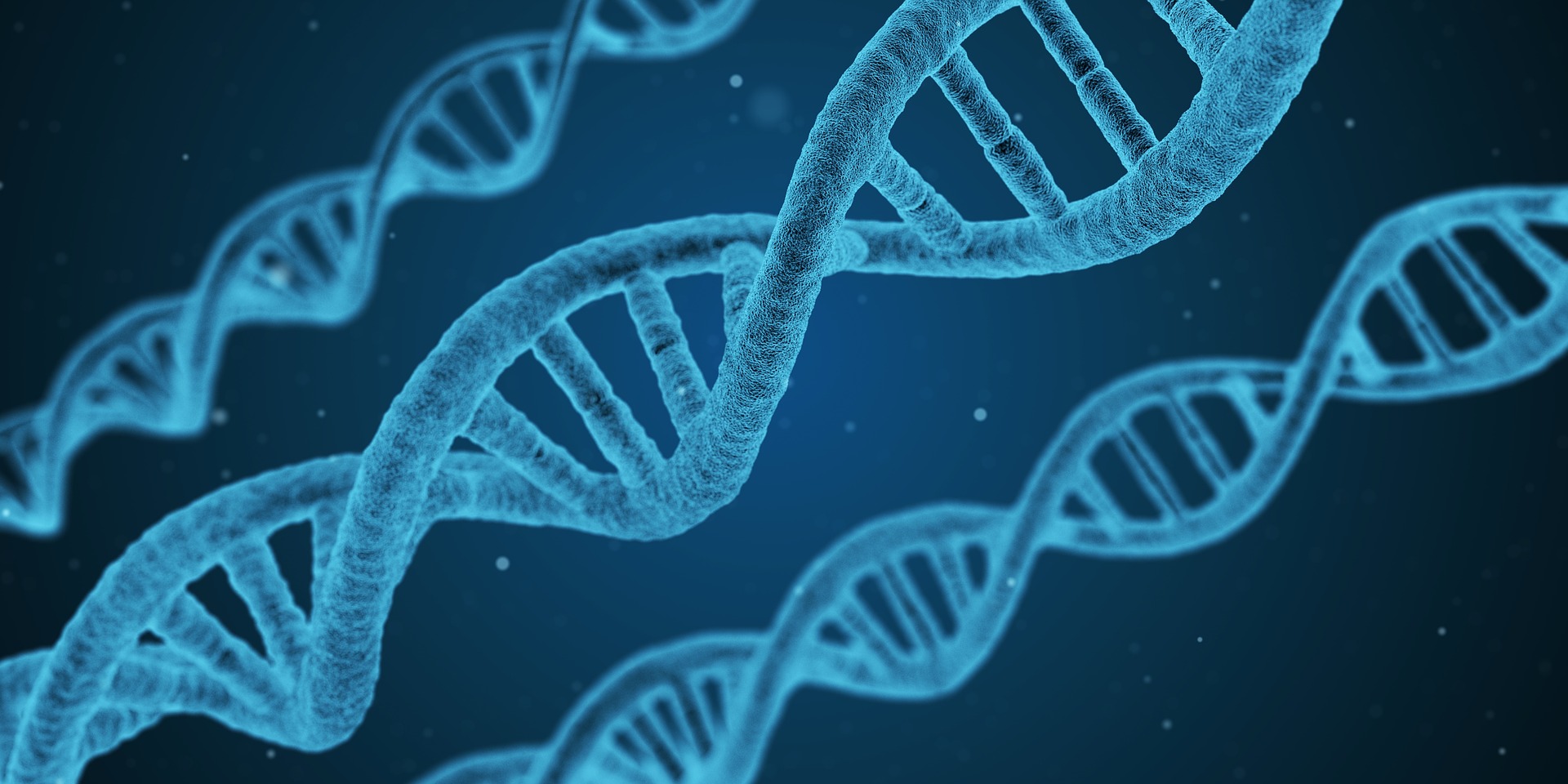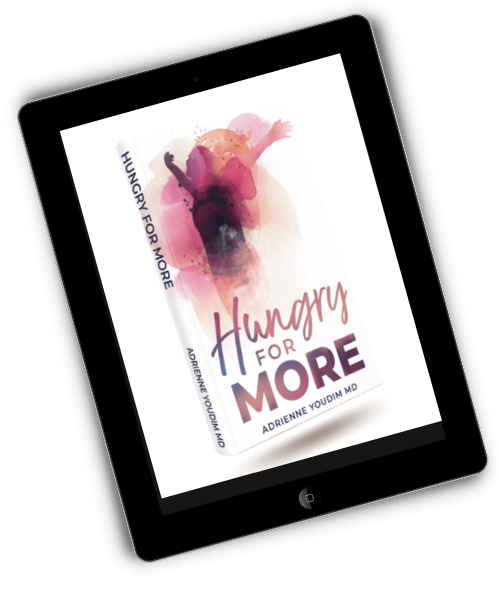This week on the Health Bite podcast, we talked about a fascinating discovery in medicine and science called epigenetics.
Towards a healthier you: What is epigenetics and how does it work?
Epigenetics refers to the way in which behavioral and environmental factors influence the expression of our genetic material. Our genes are fixed, however, we now know that the expression of genes is much more dynamic than what we once believed and in fact our behaviors and environment do affect our genes.
Let me first explain a little bit about how this works. Our genes are the instructions or the coding for our features, our personality, our health and essentially everything that makes us physically who we are. Genes are fixed, meaning that they don’t ever change. They are inherited or passed down from our parents and essentially we get what we get and we don’t get upset – or at least it wont make a difference if we do.
Interestingly, we can turn on and off the expression of genes through our behaviors and our environment.
How does this happen?
Modifications that can affect what genes are going to be expressed in one’s body
There are modifications that can affect the transcription or processing of the genetic information encoded within a gene. For example, DNA methylation occurs when a chemical molecule is added to the DNA blocking the ability for that gene to be read and processed. DNA methylation therefore essentially turns this gene off because it cannot be read.
Another process is called histone modification. Our DNA is wrapped tightly around tiny proteins called histones. DNA must be unwrapped in order to be read and again there are chemical modifications that can prevent this from happening thereby preventing the gene from being read and processed.
Finally, our DNA can be used as instructions to make non-coding RNA. This non-coding RNA can attach to the coding or usable RNA making it so that it cannot be used.
As you can see there are chemical changes that can be made to our DNA or coding genes that affect the usability of those genes. The fascinating part is that these chemical changes come about from our behaviors and other environmental factors. While our genes are fixed we have the potential to change our genetic makeup in affecting their ability to be read, processed and manifested into traits.
That is pretty remarkable and in my mind really gives us agency or power in determining our agency.
Let’s sit with that for a minute. We have tremendous power through our choices and behaviors- so much so that they can affect or genetics. Wow!
From parents to offspring: How does our parents’ epigenetic events affect ours?
Believe it or not epigenetic changes begin before we are even born. The science shows in fact that our parents’ behaviors, which affect their genes, will also affect ours. For example, offspring that are exposed to maternal undernutrition or overnutrition are at risk for chronic disease later in life. We saw this in a real life experiment. We have detailed medical records from the Dutch Famine that occurred in the Winter of 1944–1945. Records of maternal outcomes were followed decades later and researchers discovered that individuals who were in utero while their mothers were exposed to famine had epigenetic changes that were not seen in their siblings who were born either before or after the famine. In fact, when the genes of these individuals were sequenced 60 years later, they were shown to have lower DNA methylation of certain genes compared with their unexposed, same-sex siblings. These genetic changes were associated with a higher weight and body mass index, greater insulin resistance, higher cholesterol and even a higher rate of schizophrenia in the group of people that were exposed to famine in utero.
Studies also show that obesity in a mother results in epigenetic changes that increase the risk of obesity in the offspring and that when mothers lose weight thru bariatric surgery, for example, this epigenetic imprinting is resolved. Studies also show that the type of diet consumed during pregnancy can impact the child’s dietary preferences as well such that a mother that consumes a higher fat diet or a diet of processed sugars can be translated to preference for higher fat or high sugar diets in offspring.
🤯🤯
White and black: The positive and negative stories concerning epigenetics
Other factors can imprint in the DNA as well. For example, in last week’s podcast I spoke about childhood trauma or the ACE’s also known as adverse childhood events. Studies show that there is a correlation between adverse childhood events and our risk of chronic disease such as autoimmune disease, obesity, heart disease and cancer and while the association is likely multi-factorial scientists have determined that early childhood trauma has epigenetic effects that are in part responsible.
This is not about doom and gloom because positive lifestyle choices and behaviors also impact our DNA through epigenetics. Factors including diet, exercise, sleep will positively impact our DNA in an epigenetic fashion protect us against disease like insulin resistance, abnormal lipid metabolism, obesity and heart disease. The most compelling aspect of epigenetics in my opinion is its dynamic nature- in that we can continue to impact our DNA in a positive way throughout our lifespan. Even the negative epigenetic changes need not be permanent and can be modified. This is seen even in smokers. for example. Smokers tend to have less methylation at certain parts of a specific gene, the AHRR gene, which is involved in lipid metabolism and male fertility. The difference in methylation is greater for heavy smokers and long-term smokers. After quitting smoking, however, former smokers can begin to have increased DNA methylation at this gene. Eventually, they can reach levels comparable to those of non-smokers.
Reconfiguring genetics: How epigenetics reframe the context of caring for ourselves and for others
Epigenetics certainly reframes for me how we view self-care and our agency in our own health. The fact that we can reconfigure our genetic code through our choices and behaviors has profound implication in terms of what we can do for our own health. It also reframes the way in which our behaviors can impact those around us as the science shows that our choices not only shape our DNA and impact our own health and wellbeing but also the health and wellbeing of our the next generation and generations to follow caring for ourselves is not only in service of ourselves but in service of those around us. It reminds me of the old adage that says put on your own oxygen mask first, before you tend to others. In caring for ourselves, we are caring not only for ourselves but in doing so caring for others as well.
I will leave you with this. To any of you who felt victim to suffer the fate of your genetics, to your risk for being overweight, having diabetes, having disease and disability, this is for you! You are more than your genetics, you have agency and you and only you determine your fate. Chose wisely because it matters and you matter.
If you loved what you heard please subscribe and if you think this message will be of service to others please share!


